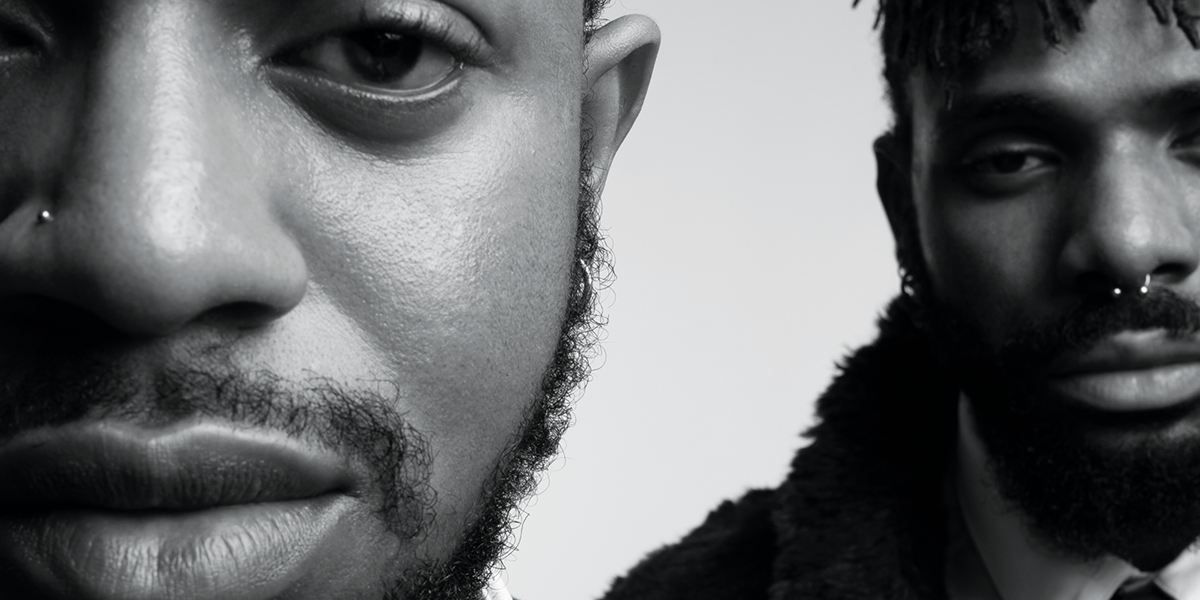Thursday, July 18, 2024
Meet The Cavemen, Nigeria's New Highlife Sensations
By Erin Cobby
As their latest album attests, Nigerian duo The Cavemen are all about Love and Highlife. Erin Cobby speaks to the brothers about their rapid evolution to the top table

The Cavemen’s Kingsley Okorie and Benjamin James

Register now to continue reading

Thanks for visiting the Songlines website, your guide to an extraordinary world of music and culture. Sign up for a free account now to enjoy:
- Free access to 2 subscriber-only articles and album reviews every month
- Unlimited access to our news and awards pages
- Our regular email newsletters

